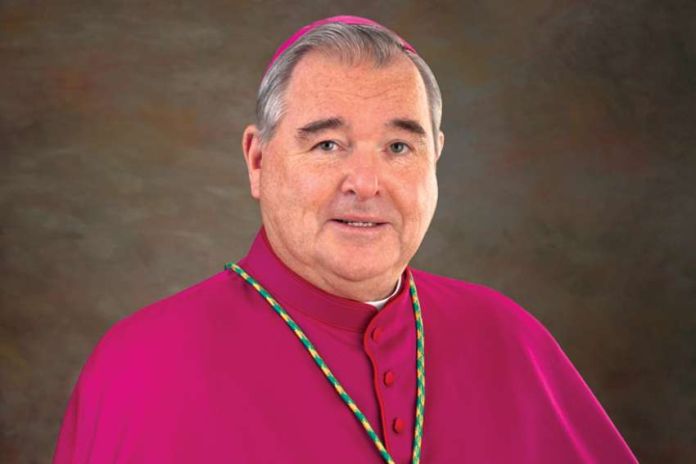By Brian Dryden
OTTAWA, Canada, (Canadian Catholic News) – The Catholic voice, silenced so long in Canadian public life, needs to be heard loud and clear once more, Archbishop Richard Gagnon said in his president’s report at the Canadian bishops’ annual plenary.
Catholics have every right as Canadians to speak out on matters of public policy, and Gagnon says it is time “to ignite a new fire among our lay faithful, to encourage the prophetic mission of those in consecrated life.”
“The moral fibre of our culture — not to mention the ethical landscape of our communities — seems to be confronted with an aggressive ideology, which is at the root of the euthanasia and assisted suicide issue, as well as transgenderism, not to mention horrific acts of racism in its many forms,” said the Winnipeg archbishop and CCCB president in the annual president’s report tabled at the first-ever online CCCB Plenary Assembly held September 21-25.
“I believe that more can and must be done at the local level,” Gagnon said of Canadian Catholics and fundamental issues such as the continuing debate in Canada over the legalization of medically-assisted suicide and who qualifies for a legal medically-induced death.
“Is it time, perhaps, to reinvigorate our pastors and pastoral teams, to ignite a new fire among our lay faithful, to encourage the prophetic mission of those in consecrated life, so that human life may be promoted, respected, celebrated and nurtured in all ways and at all times in our local communities of faith?
“In the end, we know that restoring and strengthening the moral fibre of our society will require that relationships between peoples be based on truth and in a common, dare I say ‘synodal,’ fashion,” Gagnon said.
In an interview with Canadian Catholic News after the plenary, Gagnon said the CCCB will continue to speak out on issues such as the potential expansion of who qualifies for assisted suicide in Canada and also on a proposed conversion therapy ban.
Making it easier to qualify for so-called medical assistance in dying (MAiD) and a bill to ban conversion therapy for minors and curtail advertising of such therapy for adults were introduced as government bills last spring, though they will have to be re-introduced after the minority Liberal government prorogued parliament in August.
While the federal government made it clear that it would re-introduce its bill to make it easier for Canadians to access the MAiD system — and which the Catholic Church vehemently opposes —if and when a new conversion therapy ban bill will be re-introduced is unclear.
It is also unclear how the stated goal of the government to eventually ban conversion therapy for minors could impact on the ability to counsel people who may be confused about their sexuality.
“I don’t know what a new conversion therapy bill, if they move forward with that, will say and how it will be worded, but this is something that concerns not just Catholics but a lot of other people too because the wording of the previous bill before parliament was prorogued was very loose and it wasn’t very clear,” said Gagnon.
The Catholic Church does not support forcing anyone to undergo conversion therapy, but Gagnon is concerned the bill may be subject to too much interpretation if it “doesn’t clearly spell things out.”
“There must be a balance that respects all Canadians’ rights. And that includes freedom of religion rights and conscience rights,” he said.
“From a Gospel of life point of view, these ever-present and burning issues need a coherent, robust and united response from us as leaders of faith communities and shepherds committed to protecting our flocks from dangers of many kinds.”







